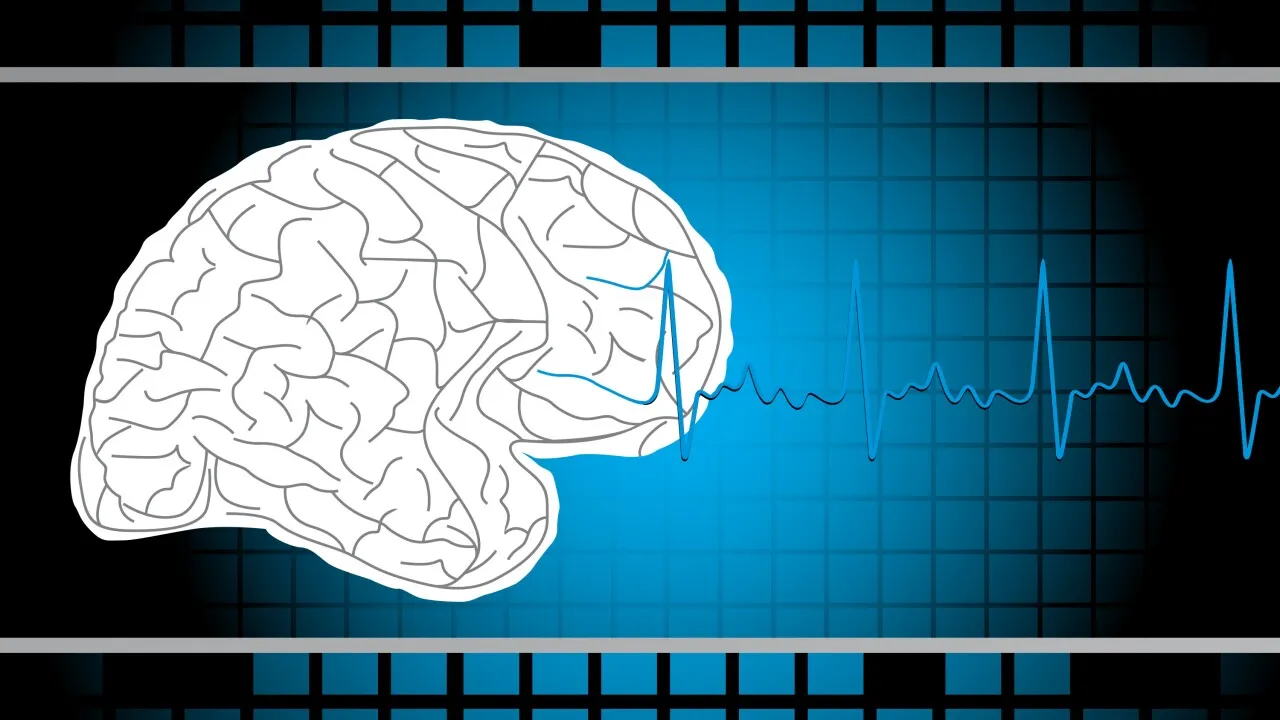
Recent findings from a collaboration between esteemed institutions like NYU Langone Health, Johns Hopkins University, and the Mayo Clinic highlight an alarming trend. According to their research published in Nature Medicine, the lifetime risk of developing dementia could be as high as 42% for individuals starting at age 55. This study is a part of the Atherosclerosis Risk in Communities (ARIC) study which tracked over 15,000 participants from 1987 to 2020, revealing that dementia rates spike after age 75.
Women and Black adults are particularly vulnerable, showing a higher lifetime risk compared to their counterparts. Genetic factors also play a significant role, with individuals carrying the APOE4 gene variant showing earlier and more frequent development of dementia.

Why Are Dementia Rates Increasing?
The surge in dementia cases can be attributed to several factors. Firstly, historical data collection methods might have underestimated dementia prevalence due to underreporting, as those with cognitive impairments are less likely to attend in-person assessments. Additionally, the aging Baby Boomer population contributes to this increase. Socioeconomic disparities, particularly affecting Black communities, also play a crucial role, as do gender differences in longevity.
Key Strategies for Brain Health
Understanding the connection between heart and brain health is crucial. Conditions like high cholesterol and high blood pressure not only jeopardize heart health but are linked to increased dementia risk. This connection underscores the importance of managing health holistically to protect both the heart and the brain.

Embracing an Anti-Inflammatory Diet for Cognitive Preservation
Diet plays a pivotal role in managing inflammation, a common enemy of both the heart and brain. An anti-inflammatory diet, which includes whole grains, nuts, seeds, fruits, and vegetables, can significantly lower the risk of cognitive decline. This diet is rich in antioxidants, vitamins, and minerals that combat inflammation and support overall brain health.
The Mediterranean, DASH, and MIND diets are particularly beneficial for their focus on brain health. These diets limit inflammatory foods like excessive sugars and processed meats, which have been linked to an increased risk of dementia.
Practical Tips for Dementia Prevention
Preventing dementia involves more than just diet; it requires a holistic approach to health:
- Regular physical activity enhances blood flow to the brain, supporting cognitive functions.
- Adequate sleep and stress management are critical, as both significantly affect brain health.
- Social engagement has been shown to boost cognitive resilience, making it a vital part of a healthy lifestyle.

With dementia rates on the rise, proactive health measures are more important than ever. By understanding the risks and implementing lifestyle changes, we can hope to not only reduce the impact of dementia on future generations but also enhance our quality of life today.
